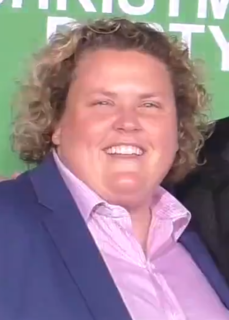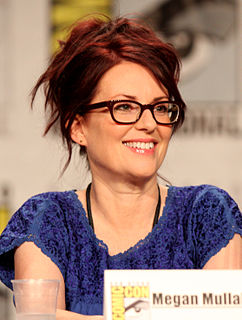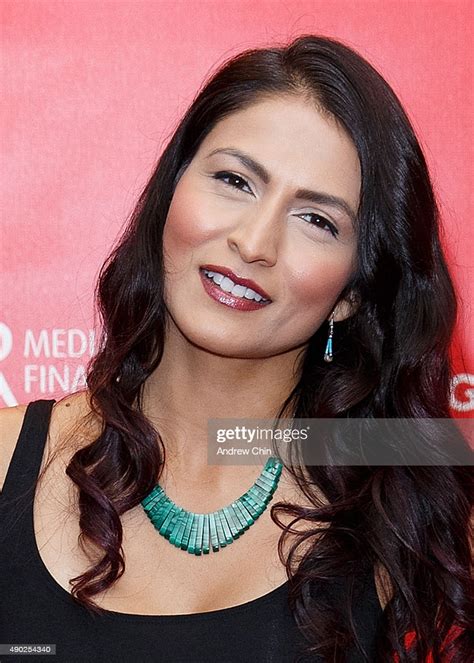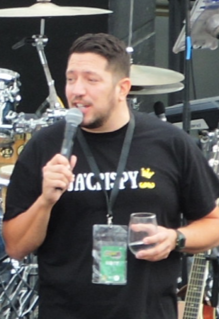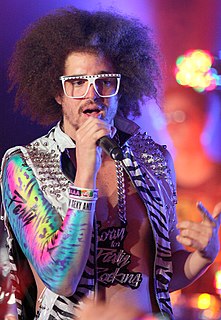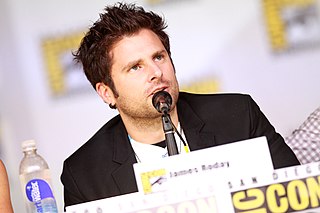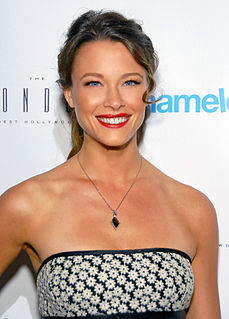A Quote by Fortune Feimster
I worked with the Groundlings, doing sketch comedy and improv at a theater here in L.A. It was my hobby, but I took classes and stayed passionate about it because it's what I wanted to do. It just fit. It takes a while before you can actually make money at it. I worked for years.
Related Quotes
I worked in a chicken factory, in a steel foundry, I worked on the bins for a year or so. It started as a summer job, but I stayed on because I liked it very much. I liked it that it made you very fit, doing all the lifting and that, so I could wear short-sleeved t-shirts, which I'd never been able to do before!
I worked as an assistant editor, actually, for a few years. That was right when I was just starting to get out at night and do a lot of stand-up, improv, and sketch work in New York. It really is invaluable. I think it pounded into me an awareness of what an editor wants and needs, in terms of clarity of a moment, where and when to start and stop a line.
I was not one of those people who wanted to be a comedian when I was growing up. I liked comedy, but didn't know it was something you could do for a living. I actually wanted to be an attorney. I did do things on the side like improv and sketch comedy, but law was my focus. I was a very bookish, academic kid. When I got out of college, I was really unhappy. I had a great job that I should have loved, yet I was miserable. I slowly realized that was because I wasn't performing. So I just tried stand-up and fell in love with it after one performance.
I've trained primarily in Meisner Technique, and I've done a little bit of Groundlings and Upright Citizens Brigade just to get my feet wet in the improv world because I think that's really important. But most of the teachers I've worked with, I've gotten, like, references through agents or managers, and they're sort of independent.
